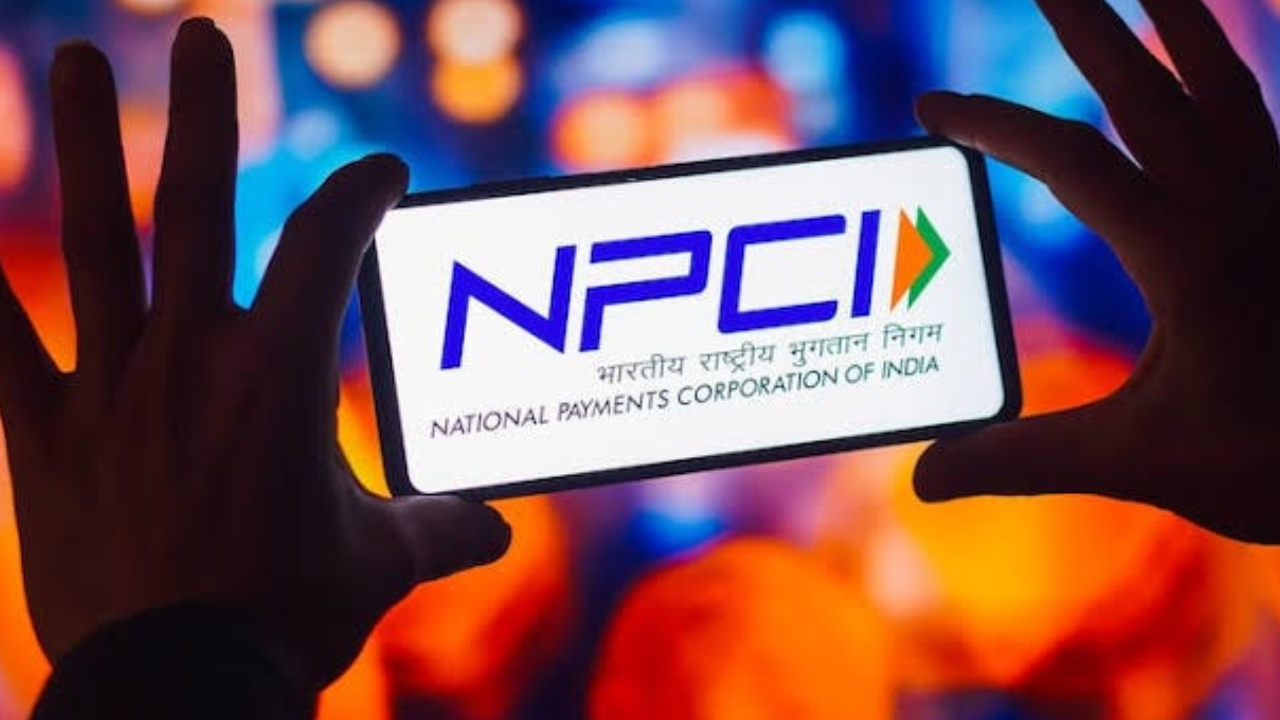NACH 3.0- Good news for everybody. National Payments Corporation of India (NPCI) is going to launch NACH 3.0 (National Automated Clearing House) system in the first week of July 2025. With the implementation of this new version, regular banking transactions like salary, pension, EMI, SIP will become faster and more secure than before.
According to the circular issued by NPCI, the new system will make recurring payments more efficient across the country. Along with this, it will bring many important upgrades related to technology and cyber security.
What is NACH system?
National Automated Clearing House (NACH) is a centralized clearing system. It allows banks to process regular transactions like salary, government subsidy, loan installments, insurance premium and SIP. Crores of users depend on this system daily. In simple words, through the NACH system, companies, government institutions or any agency can send money to the bank accounts of many people at once or deduct money from their accounts automatically. For example, your salary comes to your bank account every month. Your EMI, electricity bill, insurance premium etc. are deducted automatically through NACH.
What’s new in NACH 3.0?
NPCI has said that the new version will be based on a completely re-designed graphical interface (GUI) and improved back-end. Some major improvements have been made in it:
Processing of credit transactions like salary and subsidy will be faster.
Clearance of debit transactions like EMI and SIP will be faster than before.
There will be a new dashboard with real time monitoring for banks.
Users will be able to create accounts or reset passwords on their own, no admin will be needed.
The process of complaints will be simplified further, NPCI metrics can be updated directly by banks.
Full end-to-end encryption on both GUI and host-to-host (H2H) channels.
Mandatory multi-factor authentication (MFA) for every user.
Role-based access control to prevent misuse of data.
Only PGP encrypted file downloads allowed, plain text downloads blocked.
Real-time alerts and enhanced audit trails to help identify any irregularities immediately.
NPCI says that all these features are to ensure data confidentiality and operational safety.
